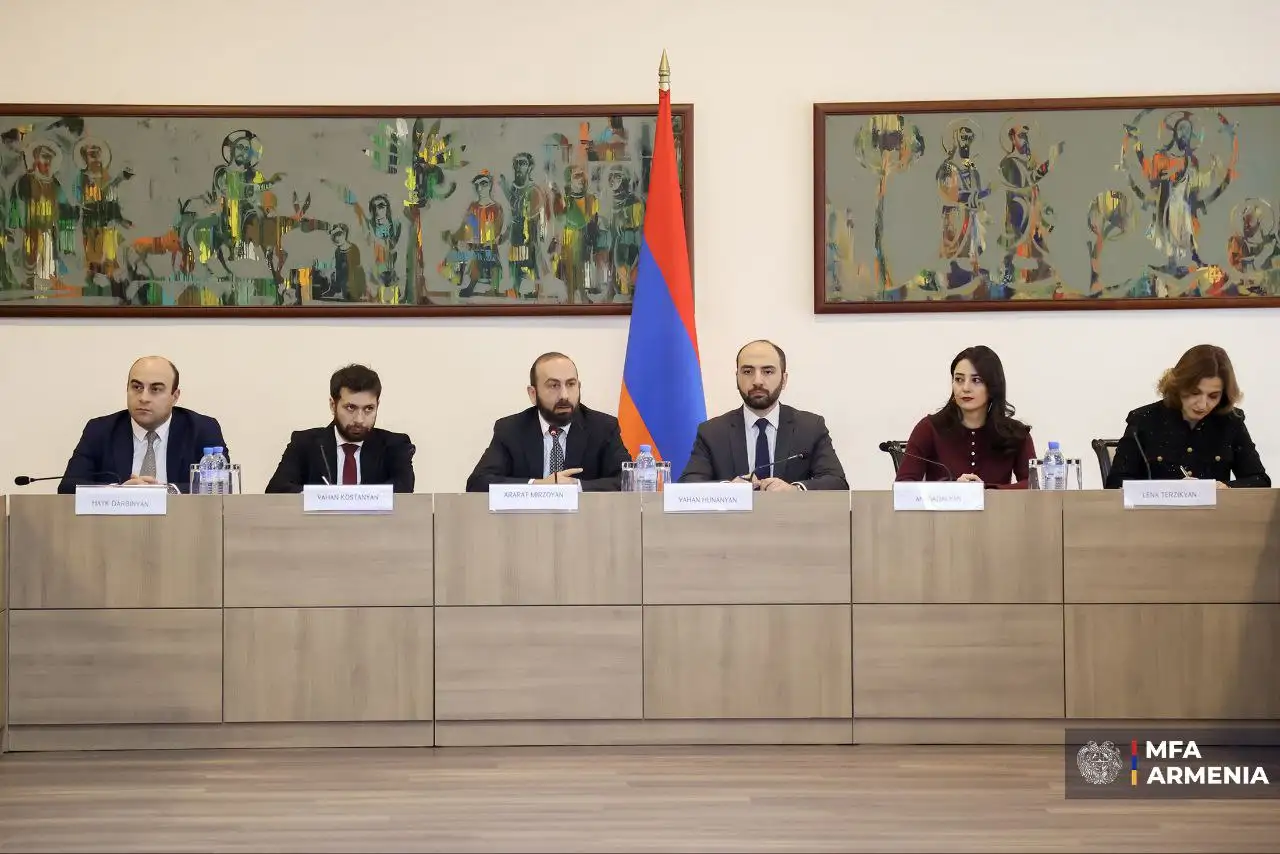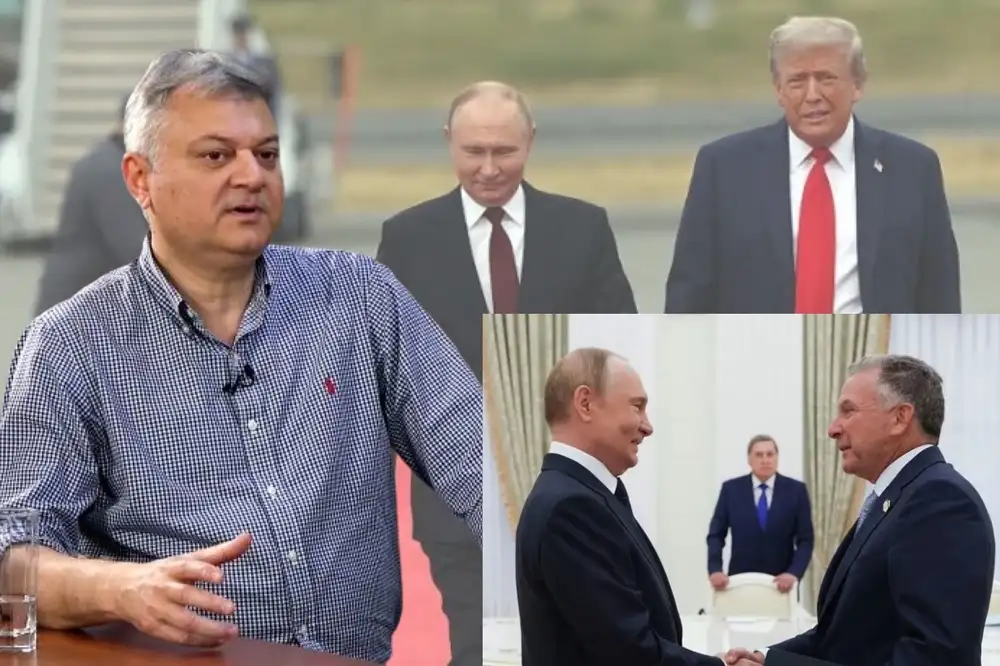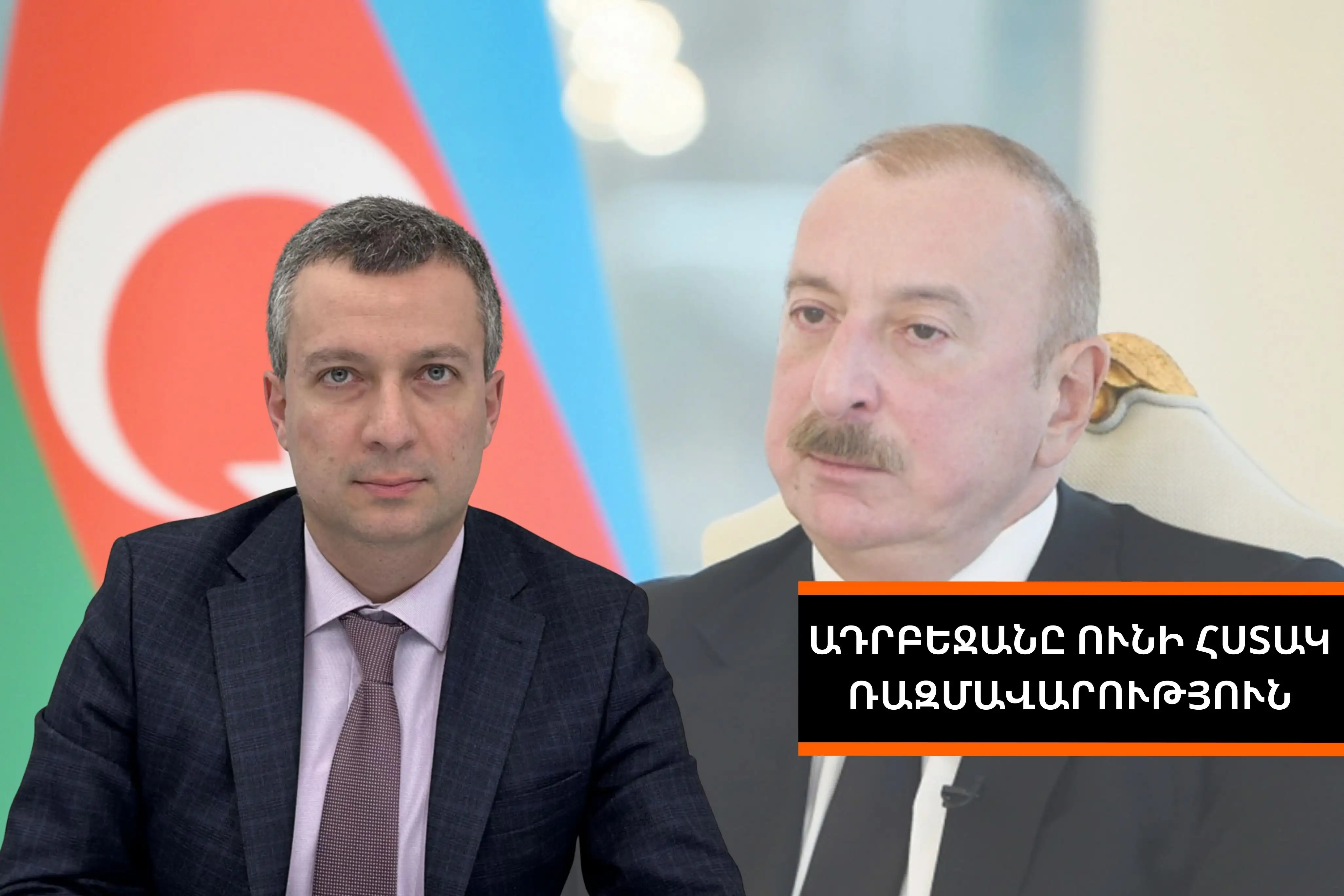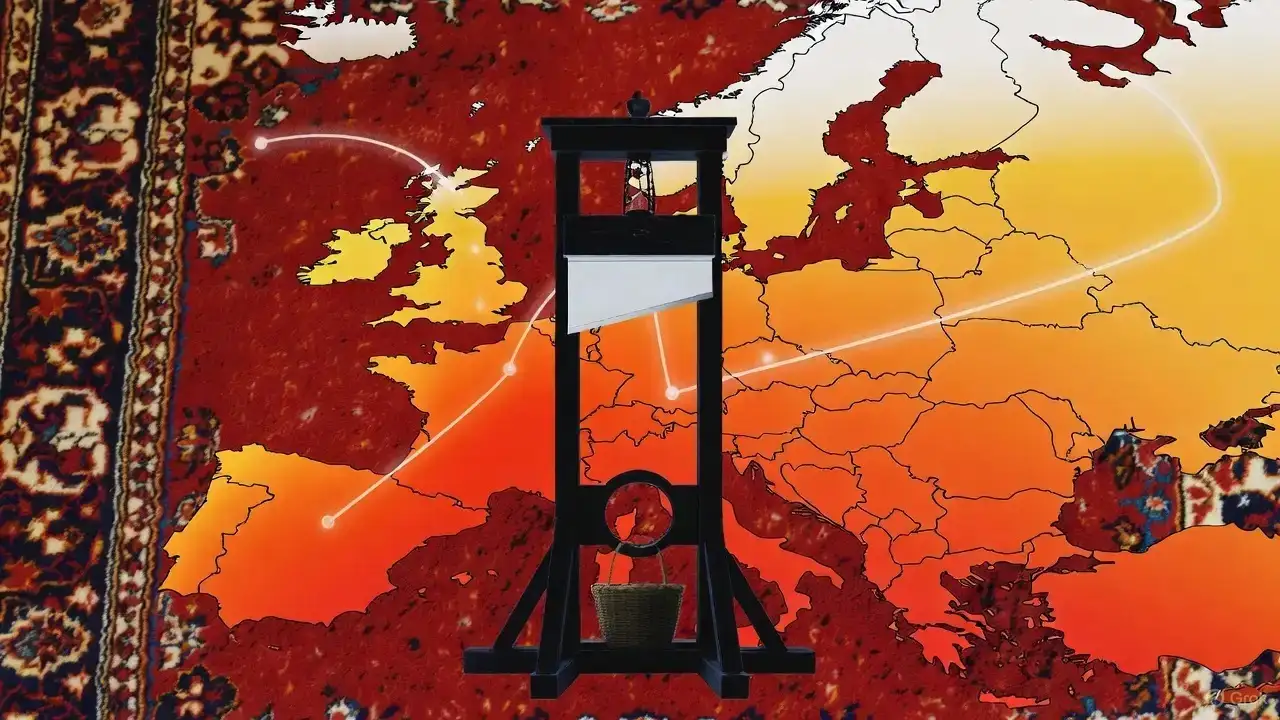About the geopolitical developments of 2022, Radar Armenia talked with international expert Shahan Gantaharyan.
- Considering the current geopolitical challenges, what kind of year was 2022?
- In 2022, the world was marked by the war in Ukraine. In appearance, this was a Russia-Ukraine war, but in essence, it was a West-Russia proxy war on Ukrainian territories. The most severe consequences of this war affected the whole world because this is a 21st-century version of the world war, where the international community is at war against the Russian Federation. The world was divided between supporters of economic sanctions against Russia and those who did not join. Of course, there are secondary issues, but the most notable is the war.
- What are your expectations for 2023 from the point of view of international relations? Will the world go towards peace or deepening conflicts?
- There will be localized, proxy, and hybrid wars. This is the new world war format that is already underway. In mixed cases, a large share will be given to the economy, with the sensitive nature of competition and sanctions. The world will go through the processes of isolation of some states, de-isolation of others, blockades, and de-blockades. One cannot predict peace or war. There will be gross situations, points of collision of poles, some stops, and phenomena of combining interests.
- Will a new world order be established in 2023, or will the existing one be changed and repaired?
- Multipolarity is transformed into superpolarity, which is different from unipolarity. There are other poles and a super pole, which is an influential factor in different geographical environments and practices the behavior of creating controllable chaos with proxy wars. The collective West is also a term used, which a Superpole rules. The Chinese pole is economical so far and does not want to be actively involved in military and political processes. The situation will change when this economic pole enters the realm of military-political geopolitics, which will significantly affect the reshaping of the world order.
- Do you see the possibility that a peace treaty will be signed between Armenia and Azerbaijan in 2023? In this sense, will the events in the South Caucasus develop worrisomely or vice versa?
- The problem depends on more than the parties to the conflict. The region, especially the South Caucasus, Syunik, has become one of the focal points of the geopolitical agenda. Syunik's example can clarify the situation. The Turkish-Azerbaijani alliance cherishes the "Zangezur Corridor" idea and is in a hurry to open it. Iran strongly opposes and expresses its determination to maintain the status of its border with Armenia. Washington pursues a policy of blocking Russian energy and is looking for alternatives. The Vienna negotiations are sending positive signals, and the tension in US-Iran relations is changing. Unblocking of Iran goes through Syunik. All these circumstances make us think that implementing the peace agenda is complicated. There still needs to be a geopolitical consensus.
Hayk Magoyan




















